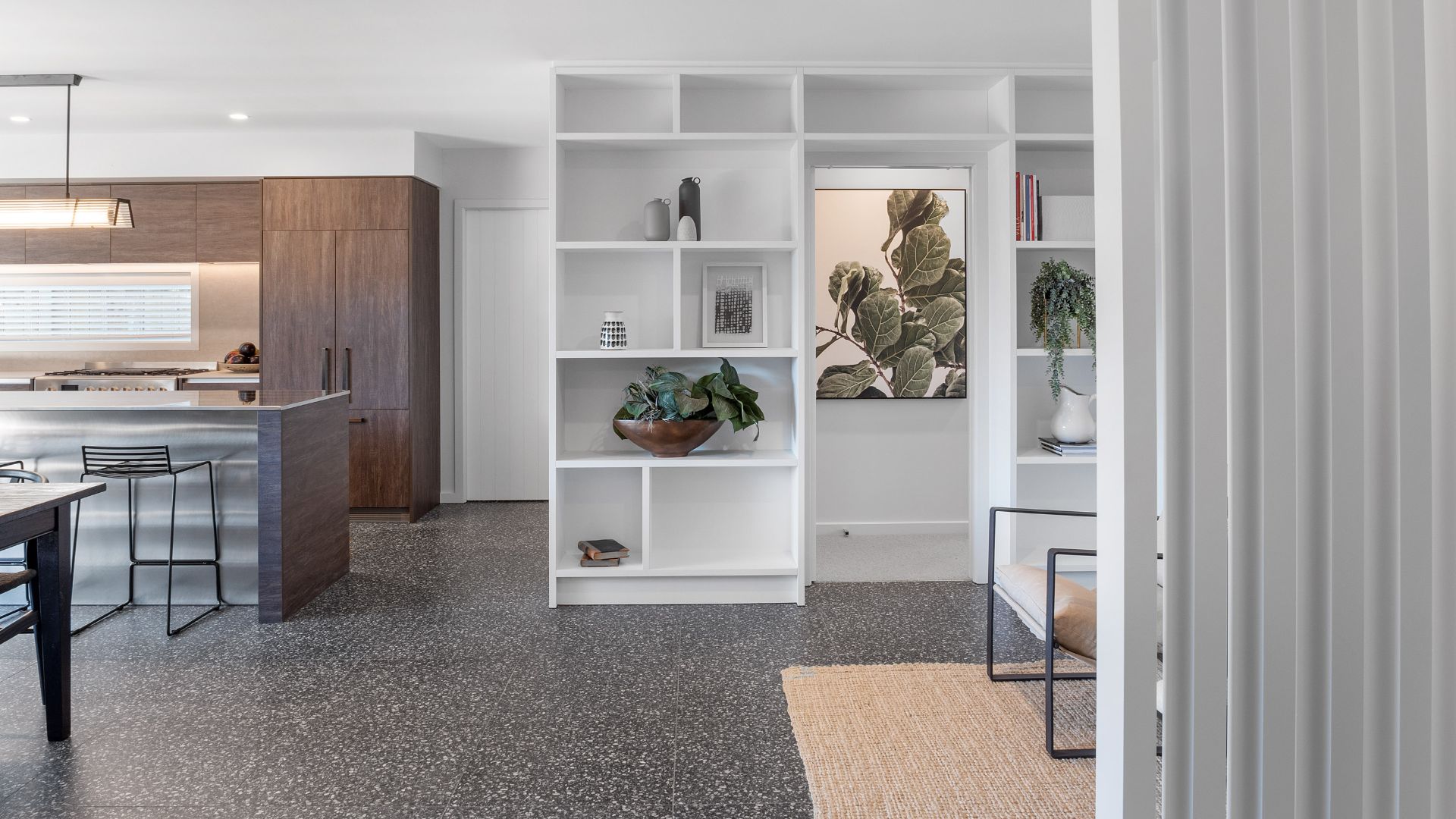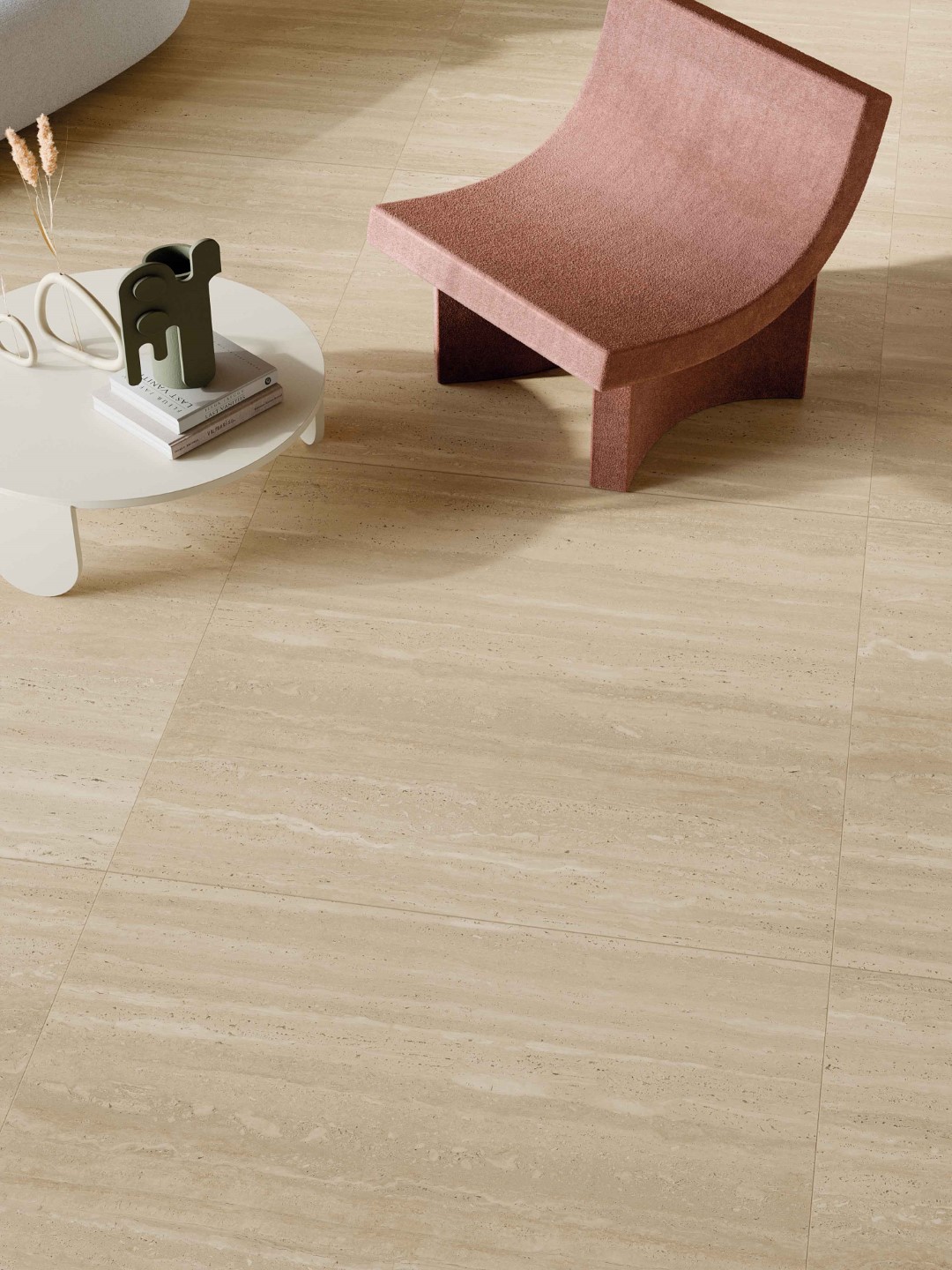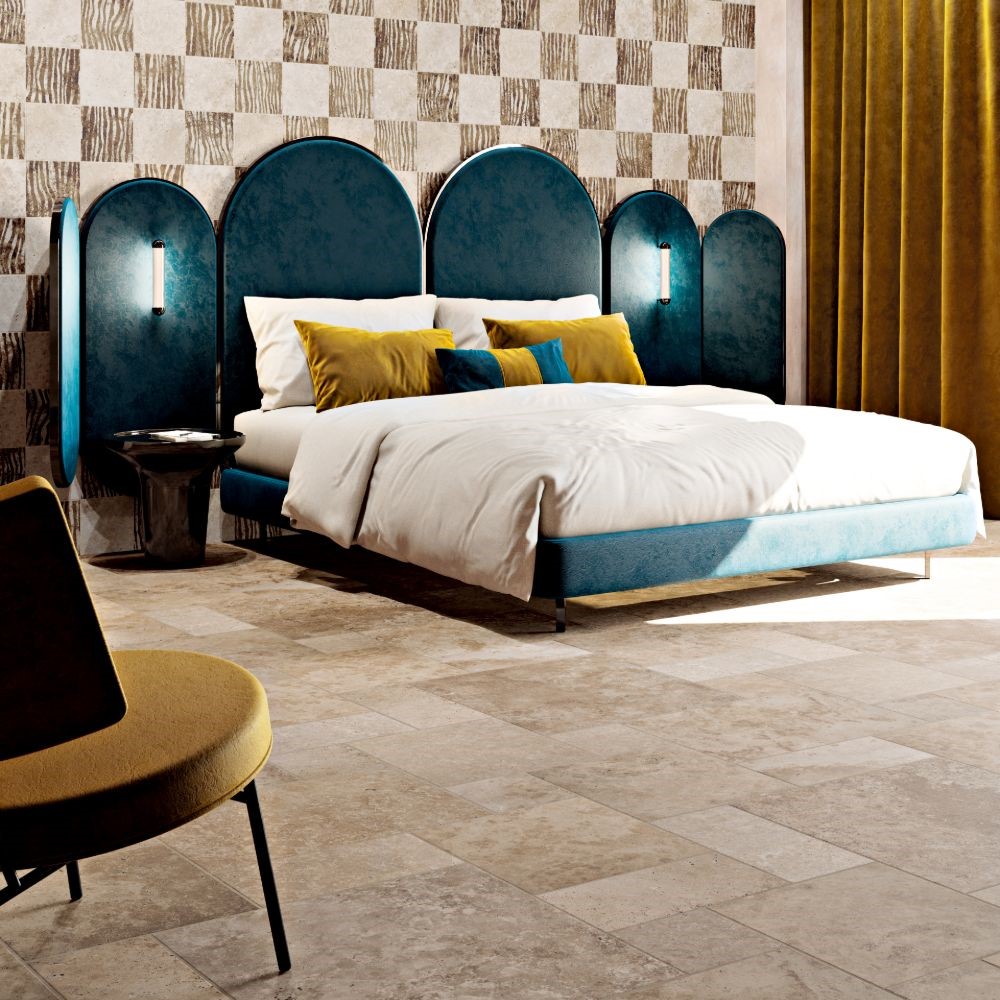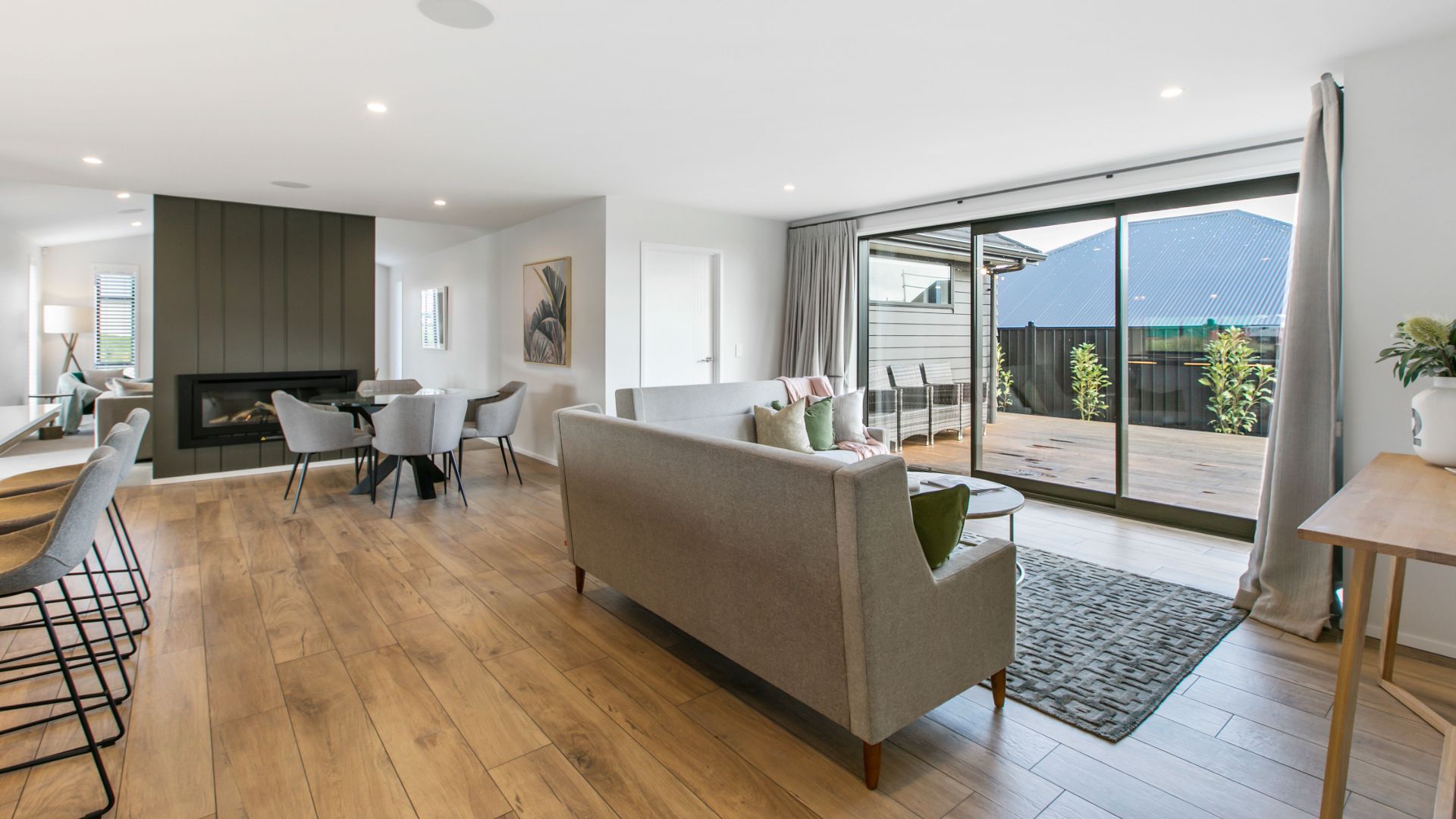Hard Flooring - or is it?



VENEZIA | SENSI ROMA | IN FALDA
When you are trying to decide between hard and soft flooring, the way you plan to use the room in question plays a very important role. Kitchens and living areas are the central hub of any home so ideally flooring would be highly durable and resistant for high foot traffic and lifestyle activities.
Hard flooring includes mostly natural materials that are not flexible and do not bend when stepped on. They are resilient, durable and resistant to wear thanks to their hard, smooth surfaces. Hardness is detemined by various tests such as ‘PEI’ in accordance with the 'Porcelain-Enamel Institute' and these ratings help determine the hardness, and durability associated with each tile. Other types of flooring are not tested under such stringent conditions simply because they would not withstand and hold up against the rigorousness of the testing. Which is why Tile and Concrete are more considered hard flooring as opposed to LVT, SPC, Timber and Engineered wood.
Tiles for example, once glued to their concrete base, become so strong as to become almost like a structural feature of the home.
By comparison, 'Soft flooring' is characterised by a high level of elasticity. Unlike hard flooring, soft flooring can more easily bend, break and fade so is a secondary floor in quality to any type of hard floor. It is more easily installed however does not encompass the quality and longevity of hard floors and is prone to scratching and fading. It looks great when first laid but eventually requires re-coating or total replacement within 5-10 years.
CLICK HERE for more information on PEI testing.
MOHS Hardness
There are a lot of statements made in the market about Hard flooring. We recommend that any information be considered in regards to (a) abrasion resistance under the MOHS hardness or PEI testing, (b) colour fastness and (c) absolute water resistance compared to the likes of Porcelain which is almost zero at 0.05%.
The MOHS scale of hardness measures the resistance of a smooth surface to scratching or abrasion. Looking at the official MOHS table below, we can see that Porcelain tile is one of the hardest materials (outside of diamonds) and therefore one of the most indestructible. Makes sense then for this product type to be the hardiest and best option for flooring longevity and why it is perceived as high quality.
Benefits of Tiles and other Hard Flooring;
- Impervious to water - water-proof flooring is now required in all kitchens, bathrooms and laundry areas and should start with a waterproof membrane. Tile is the only hard flooring that is now an ‘Acceptable’ solution. In fact, any floor that is within 1.5m of a water source must adhere to the new E3/AS1 code update, including fridges and dishwashers! CLICK HERE for NZ Build Code change for flooring.
- Scratch-resistant – Hard flooring is scratch resistant and therefore a good option for pets, children, and high heels! Even moving house into or from a home can result in scratching (think fridges on kitchen floors!). Looking back to the MOHS table above, porcelain tiles score extremely highly.
- Unlike many flooring options on the market, Tile does not need re-surfacing nor replacing due to aging and can last 50 years plus. They are more likely to be replaced due to personal taste as opposed to base product damage. For this reason they are the most cost-effective flooring option on the market. CLICK HERE for further information on lifespan and cost comparisons.
- Tiles have high UV resistance and are not subject to movement, sunlight or fading.
If you would like to discuss your project further, we can assist.
Contact one of our 33 Stores or discuss with one of our Commercial Representatives.
Tile Warehouse - Making Design & Selection Easy - from the Floor up!








 1 Minute Read
1 Minute Read
 Apr 18
Apr 18






